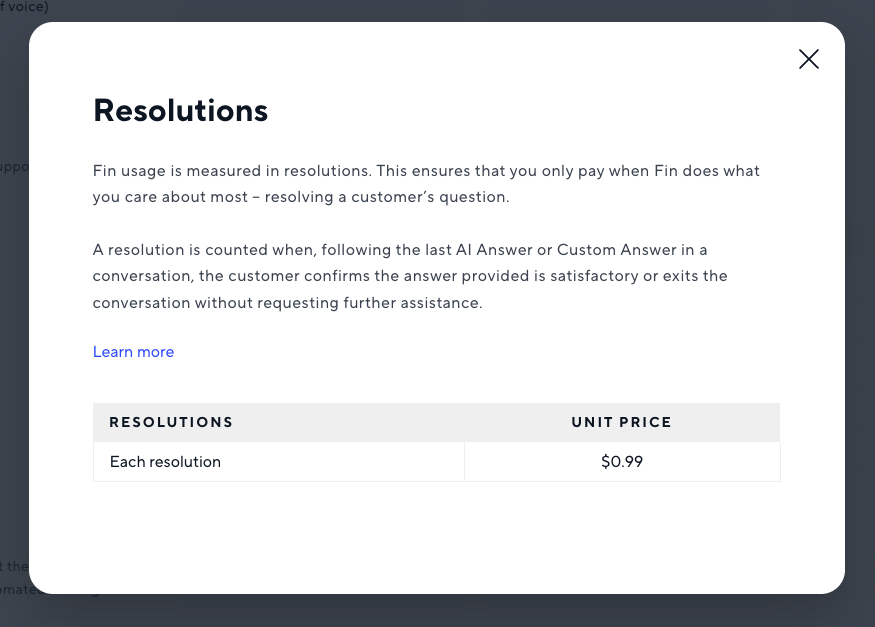The OKR Parallel Universe Syndrome
The OKR Parallel
|
Dear Reader,
Welcome back! I for sure started to miss writing these weekly essays about halfway through my summer break. Between speaking appearances and nudging my book closer to completion, I also enjoyed some time off. I hope you had (or still have) a fantastic summer full of nourishing experiences and some time to recharge. And now, onto this week's essay.
Here's an interesting cycle: Company Strategy is written (and maybe communicated). Company OKRs are written based on KPIs and some strategic topics. Teams model their OKRs after the company OKRs. The company insists that other things are "also important." So when teams share their roadmap items connected to the OKRs, but get pushback on where the work on these "other important things" is happening.
I call this the OKR Parallel Universe Syndrome. You may not have heard of it, but I'm sure you've experienced it.
When failing to address the hard questions that make OKRs effective, your Key Results may represent what the company wishes to work on. Still, they undermine making progress on those priorities by communicating an additional range of priorities that are deemed more important.
It's tempting to keep a backdoor of priorities open next to your OKRs, to have more wiggle room and be less committed to what you defined at the beginning of the quarter. But that's a lose-lose situation.
The company stays stuck with incremental KPI improvements instead of strategic progress.
Nobody works on these actual priorities because they're not measurable.
The value, and therefore the buy-in, for measuring progress through a method like OKRs gets undermined, further reducing the team's commitment.
To circumvent that, I recommend creating a shared understanding around these fundamental principles before writing your OKRs:
- OKRs don't have to cover everything.
- Use OKRs to measure what you want to do differently, not business as usual.
- OKRs are the primary way to communicate and measure priorities.
No facilitation technique can save your OKR drafting if there's no agreement on the aspects above. However, when these are in place, you can encourage people to move beyond vanity metrics, such as Key Results (KRs), and start using actionable metrics to communicate priorities.
There's always a good reason to adjust priorities. But to ensure teams act on them, use the possibility to change the OKRs, instead of adding another PowerPoint slide to the next all-hands.
Did you enjoy the newsletter? Please forward it. It only takes two clicks. Creating this one took two hours.
Thank you for Practicing Product,
Tim
PS.: Coffee Kintsugi spotted at elbgold Hamburg.
Join my In-Person Workshops in Berlin
I'm excited to bring my beloved in-person workshops back to Berlin in January 2026. You can choose between 1-day workshops on Product Strategy, Product OKRs, or Product Discovery, or opt for the full 3-day experience for you or your team.
| LEARN MORE |
(reach out for custom team quotes)
As a Product Management Coach, I guide Product Teams to measure the real progress of their evidence-informed decisions.
I focus on better practices to connect the dots of Product Strategy, Product OKRs, and Product Discovery.
Product Practice Newsletter
1 tip & 3 resources per week to improve your Strategy, OKRs, and Discovery practices in less than 5 minutes. Explore my new book on realprogressbook.com
Product Practice #397 3 Things to Put into YourNext Strategy Document PUBLISHED Feb 27, 2026 READ ON HERBIG.CO Dear Reader, The most effective strategy document I've seen doesn't worry about the looks or format. Whether it's a scrappy Google Doc or a fancy Miro template, what matters is the quality and cohesiveness of the information it contains. Make sure what you cover aligns with your company's expected standards to ensure stakeholder understanding and, consequently, buy-in. But make sure...
Hallo liebe:r Leser:in, English Translation below for internal forwarding to your German colleagues Du lieferst Features aus und wirst nach KPIs gefragt – ohne Verbindung zu Erfolg für Nutzer:innen und Geschäft. Die Strategie deines Unternehmens ist entweder zu vage oder fehlt ganz. Das Ergebnis: Alibi Progress statt echter Wirkung.In meinem Workshop "Strategische Umsetzung statt KPIs abarbeiten – Entwicklung & Messung von Produktstrategie am 4. Mai im Rahmen der Product Owner Days 2026...
Product Practice #396 MECE: Double the Usefulnessof Your Metrics Trees PUBLISHED Feb 19, 2026 READ ON HERBIG.CO Dear Reader, Many resources say your metrics trees need to be "MECE." But how do you do it? MECE stands for: Mutually Exclusive Collectively Exhaustive In the context of metrics trees, this means mapping the individual drivers of an overarching goal in a way that allows us to identify and improve domain-specific levers through selective focus, while creating holistic...

